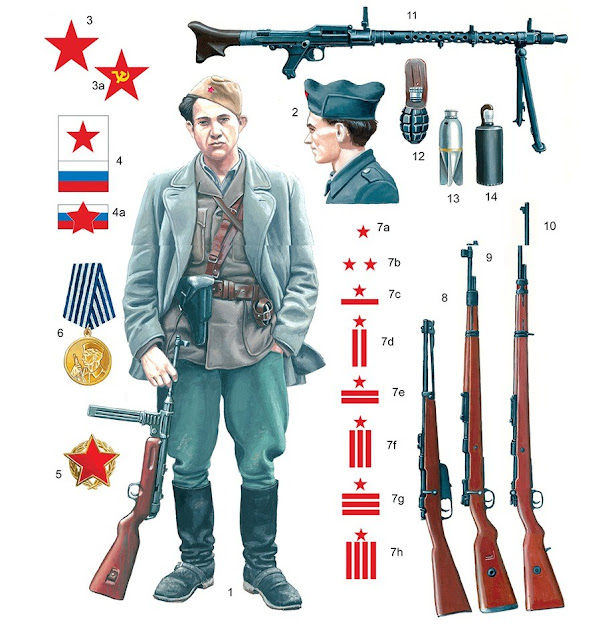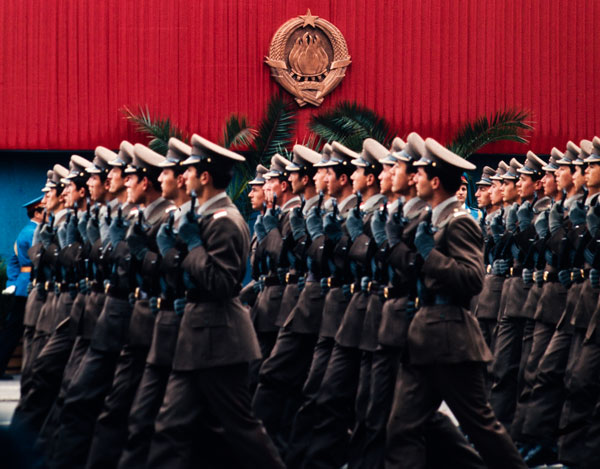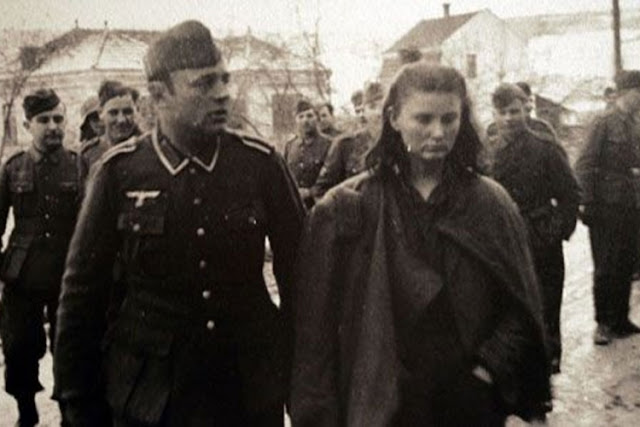The story of humanity, friendship and neighborhood
In the summer of 1941, Zeineb Hardaga and Roza Kabiljo were walking in the center of Sarajevo (near the hotel "Central"). Roza was wearing a yellow ribbon and although it was forbidden to move trought streets of Sarajevo the two of them walk together. Zeineb with her veil covers Roza's yellow tape.
The real beginning of the story, which has proven humanity, friendship, and neighborhood, begins, in fact, in the summer of 1941, when the war covered Europe writhing under the Nazi jackboot when the "final solution of the Jewish question" has started. This was a time when Sarajevo Jews had to wear a yellow ribbon with the letter "Z" (Bosnian Zidov) (Jew). This was a time when the German and Ustasha government took the first Jewish factories, shops, and then the rest of the property when the Jews began to persecute and Ustasha authorities closed and deported to death camps.
The story of Eli Tauber is very interesting. His grandfather Rudi was closed in Beledija, which served as a concentration camp for Jews before their deportation to Jasenovac. Entry and exit control from the camp were not working well because the guards allowed the prisoners to go out and to go home to bring them something back. Some were doing it out of charity, but some for the little money. Without money - the shop was confiscated and all assets, where next? When a person is in distress who to first address to? If you're in trouble and you live in Bosnia, spoke to a neighbor. His grandfather knocked on the door of his neighbor Hardaga. Izet Hardaga greeted him first with coffee and then gave him something to eat. His daughter Zeineb collected money that she had at home, and she gave him all. She wished him luck on his road to Mostar If you succeeds to come to Mostar you was largely free of fear and danger because there were Italians.
Endanger your life and lives of your families to save someone is a heroic act without precedent. Old Izet Hardaga neither his son Mustafa did not hesitate to do so. They have not been scared of Ustasha. They both did what they felt they must do - save the family Kabiljo. They were saved but failed to save themselves. The Ustasha, because of that their neighborly and friendly behavior, deported family Hardaga to Jasenovac, where they were tortured and killed.
It was not enough to frighten the family Hardaga. Zeineb, Izet's daughter in law and her husband Mustafa, continue to help the Jews, first the family Danon, and later Eli's grandfather.
For the salvage of Jews in World War II Zeineb, Izet, Mustafa (posthumously) Hardaga got a medal of the Righteous of the Israeli museum Yad Vashem.
Zeineb Hardaga : "I'm not saving the Jews, I am saving the neighbors!".






Comments
Post a Comment